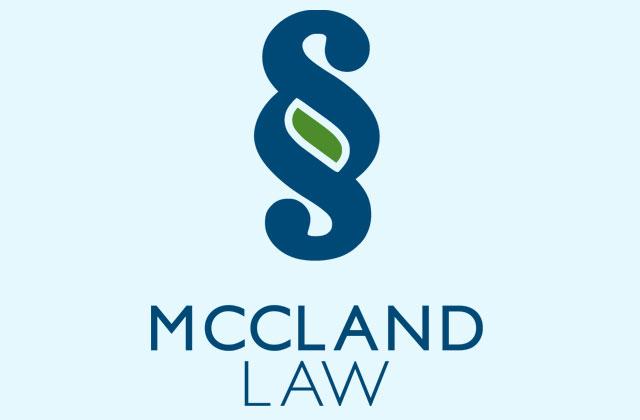Probate can be an expensive and time-consuming process. Not only that, losing a loved one is a very emotional time, and adding a legal process to the grieving process is never ideal. There are several ways to avoid probate. In order to determine the best method for your unique situation, your attorney will need to review all of your assets, all of your beneficiaries, and how you want to distribute your assets upon your death.
The simplest method to distribute real property is through what is commonly known as a Lady Bird Deed. Florida is one of only a handful of states that permit this type of transfer. You simply execute a deed in which you state who you want to have inherit your property at your death. At the same time, you retain all your rights to sell, mortgage or otherwise convey your property. When you pass away, as soon as your death certificate is recorded in the county where the real property lies, it immediately transfers to the beneficiaries named on the deed.
Most people are familiar with naming beneficiaries on their financial accounts – bank accounts, investment accounts, IRAs, and any other type of account held at a financial institution. If you have held an account for a long time, we suggest you check in with your financial institution to make sure your beneficiaries haven’t become “lost in the shuffle”. As financial institutions merge, buy and sell each other, many times the beneficiaries disappear from the accounts as paperwork and electronic records are transferred. If you are using this method to transfer your property upon death, be sure to follow up with your institution if they go through one of these transitions and keep this paperwork in a secure place.
Personal property, especially collectibles and family heirlooms, can be transferred prior to death. If you choose to use this method, it is especially helpful if you provide the gift with a written, signed statement that you have chosen to give this gift prior to your death. That way, if there are accusations that someone took your property without permission, the person who received the gift will have written confirmation that giving the gift was your intent.
Small business interests are a more difficult type of asset to transfer upon death. Some legal practitioners will place “rights of survivorship” clauses within operating agreements or shareholder and member agreements to transfer this type of property upon death. However, we do not suggest doing so. Florida law has not clearly established this method as foolproof. This could result in expensive and unnecessary litigation. We recommend placing these interests in a trust to ensure they pass to future beneficiaries as intended.
Trust agreements are the “gold standard” for transferring assets at death. They are more expensive than the methods described above, however, they are also very flexible and many times more effective and efficient. They are also a long-term solution for disbursing an estate as assets change, beneficiaries change, and families change over the decades. If you would like to learn more about your options, please contact our office to schedule your free estate planning consultation.




